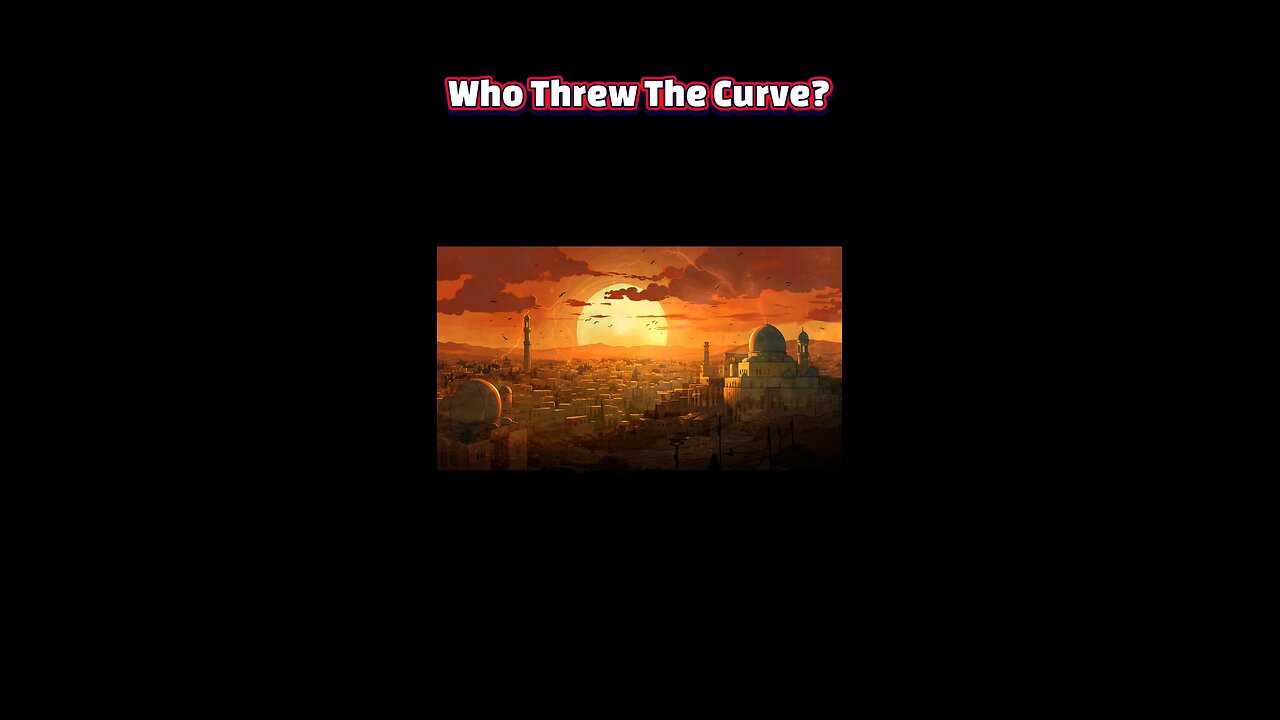Premium Only Content

Mosaic of Narratives: Israel Through Many Lenses
#IsraelNarratives #DiversePerspectives #CulturalDialogue #HistoricalTapestry #culture #perspective #middleeast
Perceptions of Israel's history are as varied as the communities that inhabit or relate to the region, each weaving their narrative from unique cultural, political, and personal threads.
For many Jewish communities—both in Israel and within the global diaspora—the story of Israel is one of resurrection, resilience, and fulfillment of ancient promises. This narrative celebrates the return to a storied homeland after centuries of exile and persecution, embodying a profound sense of survival and rebirth.
In contrast, many Palestinian and broader Arab communities view the history of Israel through the lens of displacement and loss. For them, the establishment of Israel in 1948, often referred to as the Nakba (catastrophe), represents a moment of profound upheaval marked by the loss of homes and the struggle for national identity.
Within these overarching narratives, shifting generational and geographical factors also play a role. Older Palestinian generations might remember the events as a definitive rupture, while younger voices—perhaps influenced by global human rights discourses—often seek reconciliation and recognition of shared histories, even as they demand justice for historical grievances.
Inside Israel itself, the mosaic of identities produces a spectrum of views. Secular Israelis might emphasize the state’s modern achievements in establishing democracy and innovation, while religious communities underscore biblical continuity and the fulfillment of divine prophecy, each contributing to a dynamic internal dialogue.
Beyond these local narratives, international academic and political observers tend to see Israel’s history as a complex case study in nation-building amid competing claims and colonial legacies. This external perspective is often analytical, focusing on geopolitical maneuverings, the impact of global diplomacy, and the interplay between nationalism and human rights.
Public education and media further influence these perceptions. In various societies, textbooks, news outlets, and cultural productions tend to highlight certain aspects of Israel's past—whether heroism, displacement, or conflict—thus reinforcing specific views that align with broader ideological or political frameworks.
Ultimately, the diverse perceptions of Israel's history underscore the critical importance of dialogue and empathy. Recognizing the multiplicity of narratives—from the pride of revitalization to the pain of displacement—offers an essential foundation for reconciliation and a more nuanced understanding of one of the modern era’s most contested histories.
-
 LIVE
LIVE
LFA TV
20 hours agoLIVE & BREAKING NEWS! | FRIDAY 10/31/25
1,108 watching -
 1:08:42
1:08:42
vivafrei
3 hours agoEric Swalwell in Trouble Again? RFK Jr. "Reverses Course" on Tylenol & Autism? Arctic Frost & MORE!
67.2K18 -
 1:19:51
1:19:51
DeVory Darkins
4 hours agoNewsom EXPOSED after latest bombshell and Democrats pulls shocking stunt regarding shutdown
68K27 -
 25:29
25:29
Stephen Gardner
3 hours ago💣 Trump White House UNEXPECTED Move + Thune DESTROYS Schumer on Senate Floor!!
26.9K23 -
 LIVE
LIVE
Drew Hernandez
14 hours agoSPOOKY WOKE HAG CALLS FOR DEMS TO EMBRACE CELEBRATING EXECUTION OF CHARLIE KIRK?!
357 watching -
![MAHA News [10.31] - HHS Coup, Big Food Documentary, SNAP Scams, Microplastic Solutions](https://1a-1791.com/video/fwe2/d9/s8/1/w/q/m/v/wqmvz.0kob-small-MAHA-News-10.31.jpg) DVR
DVR
Badlands Media
16 hours agoMAHA News [10.31] - HHS Coup, Big Food Documentary, SNAP Scams, Microplastic Solutions
21.6K10 -
 1:10:12
1:10:12
The Quartering
4 hours agoFood Wars Begin! Terror Plot Foiled & Much More!
76.9K30 -
 1:09:50
1:09:50
The Culture War with Tim Pool
5 hours agoJamaica Hurricane Predicts POLE SHIFT, The END Is Nigh | The Culture War with Tim Pool
125K114 -
 2:44:08
2:44:08
Lara Logan
12 hours agoSHOTS FIRED: The Tyranny of Big Pharma Exposed with Dr. Sherri Tenpenny | EP 42 | Lara Logan
40.5K13 -
 1:01:45
1:01:45
Playback Request Live
3 hours agoPRL LIVE @ DREAMHACK!!
20.5K1